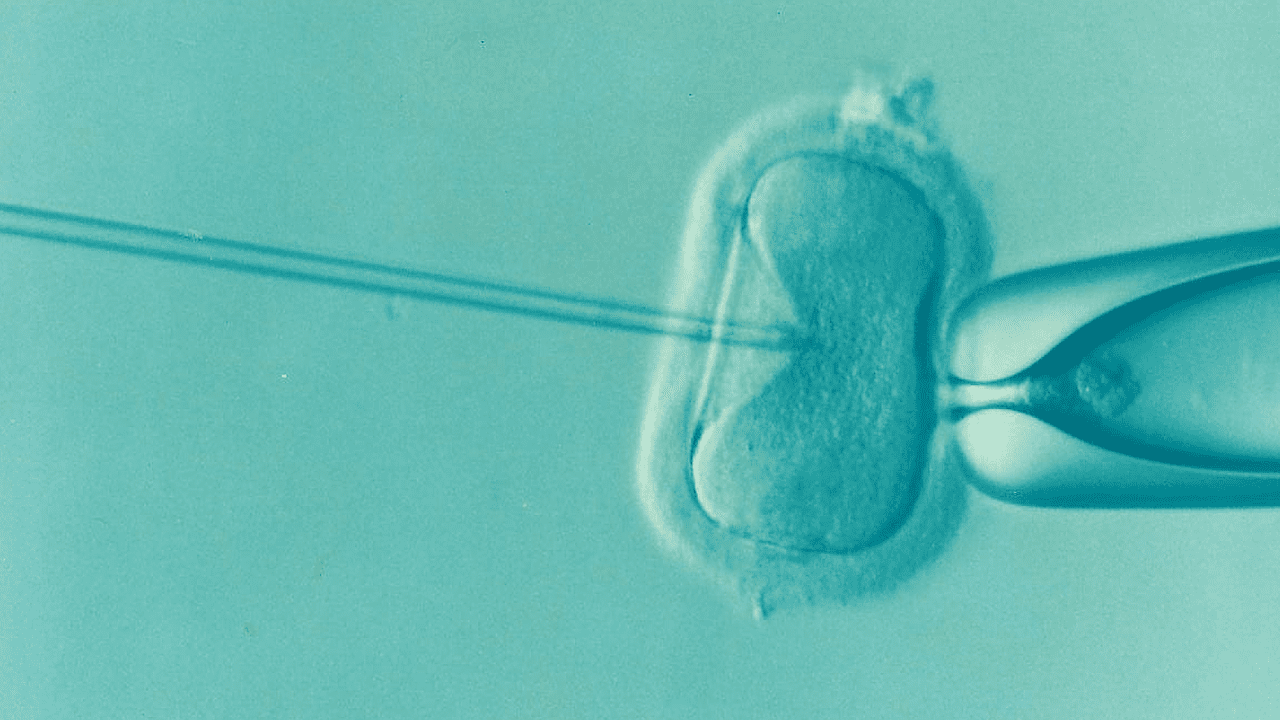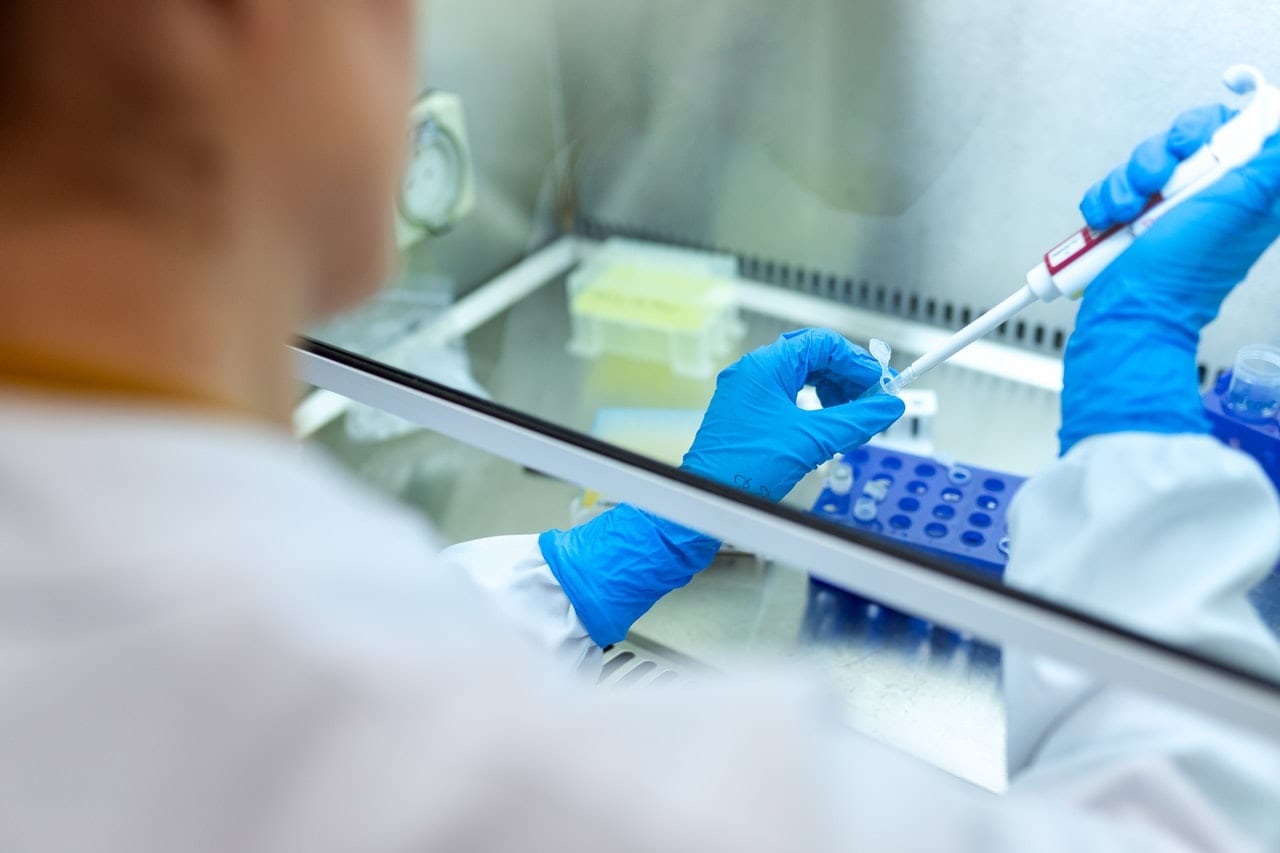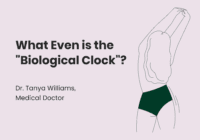
Fertility Treatments 101: Everything You Need To Know About Your Options
So, you’re ready to start or grow your family! This must be an exciting time for you; however, it can be shadowed by concerns about infertility.
Couples that require fertility treatment to have and maintain a healthy pregnancy are not uncommon, though. It’s estimated that 15.7% of couples will need fertility treatment to help welcome their child into the world.
At Dr. Tanya Williams Fertility Centre, we guide our patients through various fertility treatment options. There are several different options to choose from, and we will help you find the most suitable choice for you and your family.

Fertility Drugs
Aside from strategic planning, lifestyle changes, and natural conception, fertility drugs are our first defense against infertility. These different medications may also be paired with other fertility treatments to increase the chances of a healthy pregnancy.
How It Works
There are two main categories of fertility drugs. They can be injected or taken in pill form. Some of the most common fertility drugs include Clomiphene citrate, Letrozole, Gonadotropins, and HCG. Depending on the medicine prescribed to you, it'll increase egg production, mature the egg, mimic the luteinizing hormones' effects, and stimulate ovulation.
Pros
Fertility drugs can be a low-cost, non-invasive treatment option. They’re a relatively convenient method to increase your chances of getting pregnant.
Cons
Some of the most significant downsides to fertility drugs are they can cause mood swings, bloating, headaches, fatigue, and some can be expensive. In addition, they may require injections, which some patients are uncomfortable doing.

In Vitro Fertilization (IVF)
IVF is one of the most successful and popular fertility treatments. It is most often used for patients with blocked fallopian tubes, older patients, patients with diminished egg reserve, unexplained infertility, PCOS, endometriosis, and severe male factor.
How It Works
During this multi-step procedure (i.e. IVF cycle), your eggs are matured, extracted, and fertilized with sperm externally in a petri dish. They are incubated for up to 5 or 6 days. Once embryos develop, one, or in some cases, two, are transferred into your uterus. It’s typically done with fertility drugs to increase the number of mature eggs obtained.
Pros
Not only is IVF a successful procedure, but it also allows doctors to screen embryos for genetic diseases before implanting them. It also can result in obtaining several fertilized eggs in one process for future pregnancies. When used with ICSI (Intracytoplasmic Sperm Injection), it can overcome severe male factor infertility.
Cons
On the other hand, IVF does have a higher risk of Ovarian Hyperstimulation Syndrome. It’s an expensive procedure and is invasive, with downtime and the potential for side effects from the administered fertility drugs. In addition, IVF conceptions may have more pregnancy complications.

Intrauterine Insemination (IUI)
IUI is an excellent option for couples who suffer from infertility, men with mild male factor infertility, or women who wish to conceive with a sperm donor. We typically combine IUI with fertility drugs, but this can also be done with a natural cycle.
How It Works
IUI refers to the insertion of a catheter that directly carries sperm into the womb or uterus. This process bypasses natural pregnancy deterrents within the cervical canal and results in a higher chance of the sperm reaching the egg.
Pros
One of the pros of IUI is that it’s cheaper than IVF. It’s a fairly straightforward, relatively painless fertility treatment option that can be performed in a doctor's office. On its own, it does not increase the risk of multiple pregnancy or Ovarian Hyperstimulation Syndrome.
Cons
The medications used with this procedure might result in side effects typical of fertility drugs such as mood swings, headaches, discomfort, hot flashes, or formation of ovarian cysts. There may be mild cramping during the procedure, and brief spotting afterwards.

Third-Party Reproduction
Third-party reproduction refers to a number of procedures that involve using eggs, sperm, or embryos that have been donated by a third person to enable an infertile individual or couple to become parents. This also includes gestational carrier arrangements or surrogacy.
How It Works
There are various pathways to third-party reproduction. In the case of donor eggs, eggs obtained from the ovaries of another woman are used during IVF. In the case of donor sperm, sperm from a man other than the intended father is used during IUI or IVF. If a gestational carrier is involved she becomes pregnant by artificial insemination, using the father's sperm, or through IVF with the couple's embryo, and carries the baby to term.
Pros
Third party reproduction procedures are some of the best assisted reproductive treatments to help infertile men, older or single women, carriers of genetic disorders, and LGBTQ couples to have a child.
Cons
Since these fertility treatments are very elaborate, the procedures tend to be expensive. Besides the inconvenience of having to deal with different laws and legal contracts, some couples may also feel uncomfortable using eggs or sperm with no genetic link to themselves.

Reproductive Surgery
Depending on the cause of your infertility, we may recommend reproductive surgery.
How It Works
Surgery involves certain procedures to address exact medical concerns such as complications from endometriosis, PCOS, or sterilization, as well as some fibroids or uterine abnormalities.
Pros
Opting for surgery as a fertility treatment option can help minimize symptoms and side effects from underlying health conditions.
Cons
Since surgery is a more invasive fertility treatment option, it will require downtime, and is only used in specific circumstances.

Which Fertility Treatment is Best for Me?
If you’re having difficulties conceiving, don’t be alarmed! Several fertility treatments can help you start and grow your family.
Our fertility specialists at Dr. Tanya Williams Fertility Centre are happy to help you through your fertility journey and provide the best recommendations for you.
In addition, visit the Dr. Tanya Williams Fertility Centre website to learn more.






